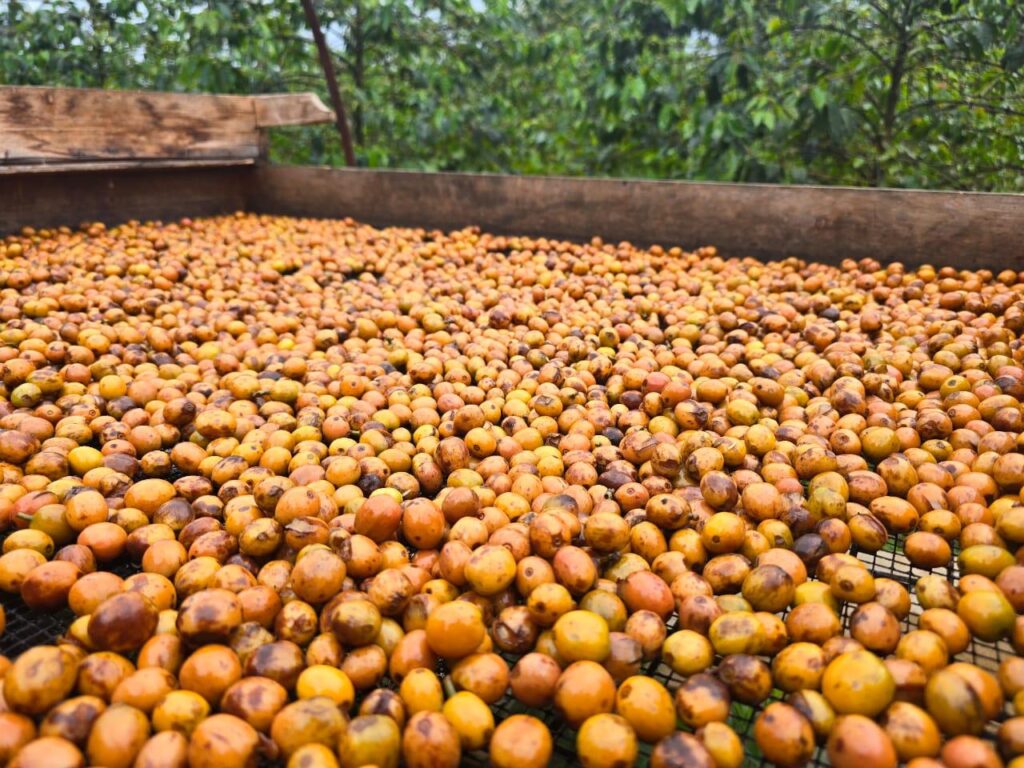
When you take that first sip of coffee in the morning — whether it’s a quick cup grabbed on the way out the door or a slow pour-over enjoyed in silence — you’re tasting a journey. A journey shaped by people, land, weather, and choices. And perhaps the most important choice of all? How the coffee was grown.
At Sumseron Coffee, we believe sustainable agriculture isn’t just a trend or a box to check. It’s the heartbeat of our mission and the foundation of a future where exceptional coffee continues to thrive — not just in your mug, but in the lives and ecosystems that produce it.
So what exactly is sustainable agriculture? Simply put, it’s farming that protects tomorrow while producing for today. It means growing coffee in a way that keeps the soil fertile for future generations, uses natural resources wisely, avoids harsh chemicals, and ensures farmers can actually make a living from their labor. It’s about health, resilience, fairness, and longevity — all wrapped into one philosophy.
And why should it matter to you, the person on the other end of the cup? Because your daily coffee ritual connects you to a chain that starts in the earth. That sip you’re enjoying carries the fingerprint of the soil it grew in, the weather it endured, the hands that picked it, and the methods used to process it. Every step matters. Every decision affects the outcome — in flavor, in ethics, in impact.
Let’s start with the planet. Coffee is incredibly sensitive to environmental changes. With climate change accelerating, many growing regions face erratic weather, prolonged droughts, soil depletion, and pest outbreaks. The result? Fewer places can grow good coffee. That’s where sustainability steps in. When farmers plant trees for shade, practice crop rotation, compost coffee pulp, or use regenerative soil methods, they’re building climate resilience. They’re protecting the ability to grow coffee — not just next year, but twenty years from now.
Now let’s talk about farmers. The backbone of the coffee world. Many operate on margins so tight that one bad season can ruin them. Unsustainable farming might offer a short-term yield boost, but it comes at a steep price: eroded land, unhealthy ecosystems, and even lower profits in the long run. Sustainable agriculture flips that script. It empowers farmers to take control of their future. It encourages smarter planting, fairer cooperative models, gender inclusion, and access to training. It helps families build not just farms, but legacies.
And yes, let’s not forget the obvious: better farming leads to better coffee. Healthy soil grows stronger trees. Clean water enhances bean clarity. Farmers who are supported and respected put more care into the process. The result? More complexity, more character, more soul in every sip.
So, what can you do? Plenty. You don’t need to plant shade trees in Honduras to make a difference. What you choose to buy matters. When you select coffee that’s traceable, fair trade, organic, or directly sourced from farms practicing sustainable methods, you cast a vote. You’re telling the industry: “I care where this comes from. I care about who grows it. I want my coffee to nourish, not exploit.”
At Sumseron, sustainability isn’t an afterthought — it’s how we do business. We work only with farms and cooperatives that reinvest in their land, train their youth, empower women, and adapt proactively to climate shifts. We believe in full-circle coffee — where environmental, social, and economic well-being are all part of the equation.
Because at the end of the day, we don’t just want great coffee. We want great coffee that lasts.
Your morning brew is more powerful than you think. It can sustain forests, support families, preserve biodiversity, and fuel education. It can change the world — if we let it.
So the next time you reach for that bag of beans, look a little closer. Ask the questions. Support brands that give you answers. Choose coffee with a conscience.
Enjoy your cup. But let it do good too.
— The Sumseron Team


Leave a Reply